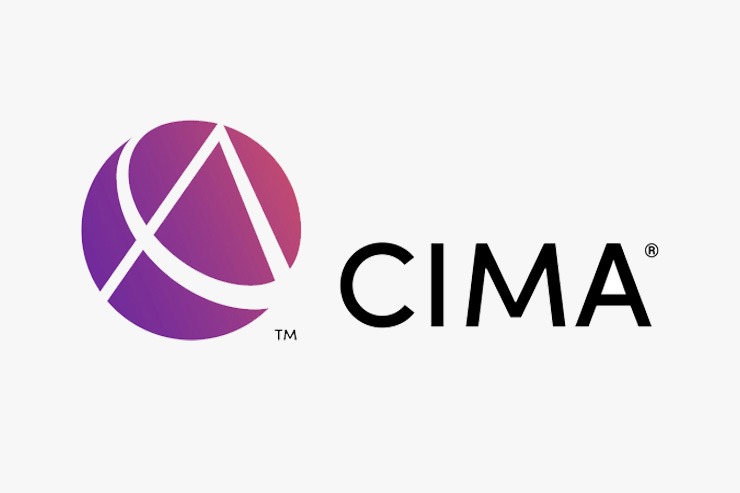- Accessibility
- Request a Call Back
- Quick Drop CV
- Submit Timesheet
- About Us
- For Candidates
- For Clients
- News & Views
- Events

Congrats. You’re CIMA qualified! Now what?
Sit back and watch the offers roll in? No. Step it up a gear to differentiate yourself from other newly qualified's (NQs) because you’re not alone. This is the time to think about your future and getting ahead of the competition.
Choose your career path now
CIMA prepares you for a career in business. As a newly qualified CIMA, typically your career path will follow either:
Utilising your analytical, planning (FP&A) and strategic skills, cross-function communication and providing key support to drive business performance.
Utilising the technical elements of your studies and practical experience to develop into a finance manager, financial controller and ultimately finance director.
Decide your route first. How? What is your experience to date and do you need to expand your skill set?
Experience checklist
Do I stay or do I go?
Do you stay with your existing employer or take this opportunity to move? Ask yourself:
So, what’s out there?
If you decide to move, it’s important to know what’s out there. Do you see yourself developing in the finance sector within a corporate company or an SME? In the current climate, as a newly qualified CIMA these are your routes to market:
Corporate
The corporate tends to offer marginally higher salaries and more comprehensive benefit packages.
Commercial finance & strategy
Typical roles: Commercial Analyst | Business Analyst | Financial Analyst
Operate cross-functionally with other key stakeholders teams and departments.
Provide the link between finance and operations.
Financial management
Typical roles: Finance Manager | Financial Controller
These positions are the more traditional management accounting roles.
This path is about career development through position and provides excellent direction up to Finance Director.
SME
Remuneration and benefits tend to be a marginally lower compared to the corporate companies.
Commercial finance and strategy
The larger SMEs offer commercial business partner roles but to a lesser extent than a corporate. The advantage of the SME is the potential for more varied and broader based roles that provide more in-depth experience that will add strong value to your new qualification and CV.
Financial management
The opportunity to secure a finance manager or financial controller role is greater in an SME.
Contrary to public opinion, the public sector and charity sector still offers excellent opportunities for the newly qualified CIMA. It is in fact the revamp and commercialisation of these sectors that has generated the demand to attract newly qualified CIMA talent. The analytical and financial business partner positions are there for the taking whether you have qualified from a commercial business or with existing skills in these areas.
Salary expectations
Read our salary guide to see what you're worth.
This guide provides market insight into how salary levels vary across different sectors and which sectors offer the most opportunities for newly qualified CIMA candidates.
How do I stand out from the NQ masses?
First impressions count. Get your ducks in a row. Consistency across all the mediums through which you portray your skills is key. And yes, this includes your online brand. Pay as much attention to building your online brand as you do to writing your CV.
Here are some highlights:
Think you’re done? What about the interview preparation. Your skills get you through the door but it’s down to you to sell yourself.
You’re in demand. You have the tools. It’s down to you to utilise them in the right way to develop your career. At Morgan Hunt, we can help you navigate your journey to success. Get in touch – call Rob Anderson on 0207 419 8909 or email rob.anderson@morganhunt.com.